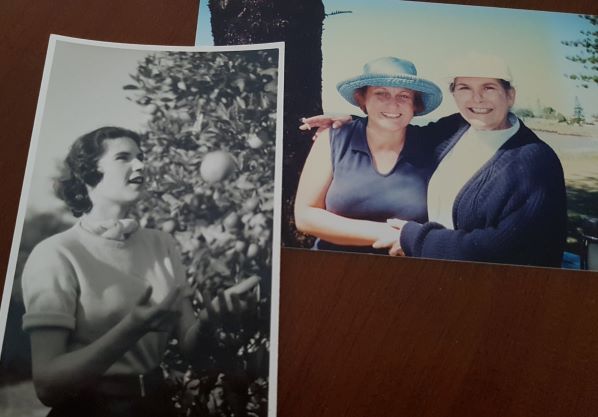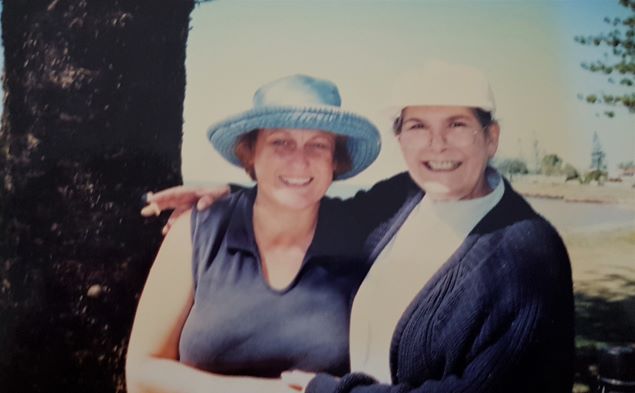Have you ever caught yourself wondering, ‘in what way was this a gift’?
Perhaps you’ve been ditched by the person you thought was ‘the one’. Or your favourite porcelain plate has slipped to the floor, shattering. Maybe your position has been axed as part of an organisational restructure…
At times I may feel ‘broken’ but I turn to the Japanese philosophy, the art of kintsugi. Whether it’s that favourite plate or your heart that’s broken, repair and let the scars be displayed with pride because they tell a story.
Last month, I answered the phone to hear my beloved cousin’s voice, clear as a bell from 900km away. “I’m in a spot of bother. Could you come, now?”

I looked at my work diary and all that was scheduled. I thought of the countless times I’d offered to make this trip. I felt frustrated. I was also concerned. Anne’s most fiercely independent (some would say obstinate): she wouldn’t ask as a whim. I cleared my calendar, rescheduled and flew to her. And for that, I am grateful.
Anne died ten days later. Her call was a gift. A heart-wrenching gift.
Being thankful
I got to spend time with this woman whose age made her more like an aunt and who had been a cheerleader and ‘no crap’ mentor to me.
I spent time with her dear friend of 50 years: a delight!
As I sifted through a jumble of papers in her escritoire – Anne would never call it a writing desk! – I found letters I’d written, dating back to the 1980s and 1990s, along with more recent printouts of emails. Memories flooded back.
I didn’t want to see Anne in this dying state. Yet it’s something I’m grateful for.
I got to see her smile. Anne’s smile and laugh in those last days was not guarded; it was open and fulsome.
I heard her say “I love you, dear girl”.
I know I would be savaging myself with regrets now if I’d said, “sorry can I come at the end of the month when things are a little quieter?”
That’s not to say I haven’t cried, and ached, and felt dreadful. I have!
Alone in her city, away from the hospice, I put to use a number of positive practices I often talk about to pull myself from what felt at times like an emotional abyss. Let me share three exercises that are easy to do and, I find, effective:
Gratitude in small things
Every day I reflected on the good and the positive feeling that came with it. Kookaburras cackling helped me feel more at home, less isolated; crepe myrtle blossom’s vibrance reminded me of light and life.
Tidal breath
With arms extended in front of me at shoulder height, I breathe in slowly and deeply, my hands curling towards my shoulders. This is my visual cue of the tide coming in. As my arms unfurl back to the starting position, I breathe out slowly, deeply. I repeat this 3-4 times.
Laughter yoga meditative chant
Hohohohohahaha… over and over again… my fingers counting off the chant, thumb to pointer, thumb to middle finger, thumb to ring finger and thumb to little finger and back. After a while, I speed this up and just laugh!
As with another significant loss in 2019, laughter yoga has been a lifeline.
Gratitude and the power of positive thinking have become important habits in life along with the practice of laughter yoga, with very good reason.
Researchers say gratitude has the capacity to ameliorate suffering, not simply by forcing ‘think happy thoughts’ or denying reality. Rather, gratitude raises our awareness of what we have.
And for that I am grateful.
(c) 2020 Heather Joy Campbell
